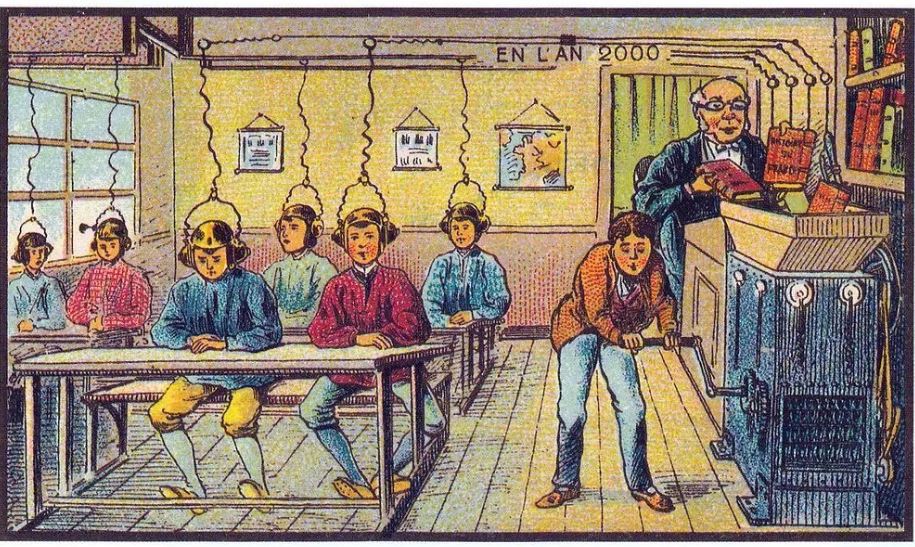Mindfulness programs have been an expanding presence in school systems. The initiatives seem to meet a demand to address rising mental health concerns among children and adolescents, while also providing a congenial alternative to Christian faith-based teaching in public schools.
Mental health problems are understood to commonly originate in adolescence, and if we treat mental health like any other health problems, then surely early intervention is key.
Plus, in adults mindfulness programs have been shown to improve ADHD, schizophrenia and PTSD. Mindfulness for anxiety in adults has been found to be as effective as psychotherapy.
The only problem? It doesn’t seem to work out that way for children. As one research lead put it, “Enthusiasm was ahead of the evidence.”
That was the finding of a large UK-based study on mindfulness for children aged 11 to 13. The study included 8,376 schoolchildren across 84 secondary schools in the UK.
The sample was broadly representative, although it did skew slightly more urban, more multicultural and better off than the national average.
Overall, students’ scores on risk-of-depression and subjective well-being measuring tools were not significantly different depending on whether they went through mindfulness training or teaching as usual.
Strikingly though, the students predicted as most “at-risk” of depression and other mental health problems at the beginning of the trial ended up faring worse after their mindfulness training. Higher “dose” of mindfulness training was associated with “worse social-behavioural-emotional functioning” at follow-up.
“We have found potential iatrogenic effects for those participating students with existing or emerging mental health difficulties,” the researchers said.

Of course, in a school environment there are many different ways students may have experienced the program, not all of them conducive to mental health improvement. Unfortunately, the research psychologists stuck to the mathematics of their findings rather than delving into such subtleties in their write-up.
I can’t help but suspect that while the goals are noble, school just isn’t the place for students to find inner peace. As the researchers themselves noted, “There is evidence that in late adolescence mindfulness training is beneficial when people choose, rather than are required to, engage with mindfulness training.”
Thumbnail image courtesy @kartabya via Unsplash.